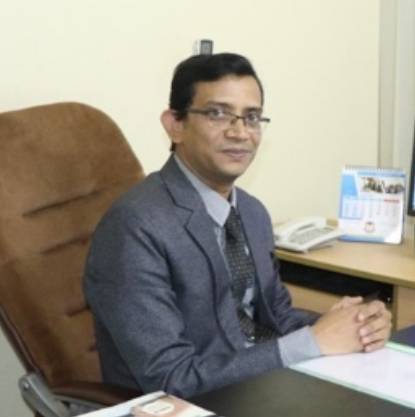About the Journal
Blockchain Law is a peer-reviewed scholarly publication seeking to advance the understanding of the legal side of blockchain technology.
By bringing together the insights of both law scholars and industry practitioners, our aim is to provide legal clarity in this nascent industry, assisting policy makers, industry professionals, and the general public in navigating the complexities of blockchain regulation.
In addition to a Digital Object Identifier (DOI), published articles, and corresponding metadata and review comments are immutably stored on the Ethereum blockchain as Non-Fungible Tokens (NFT) owned by their authors, using a proprietary NFT format.
 Open Access
Open Access







